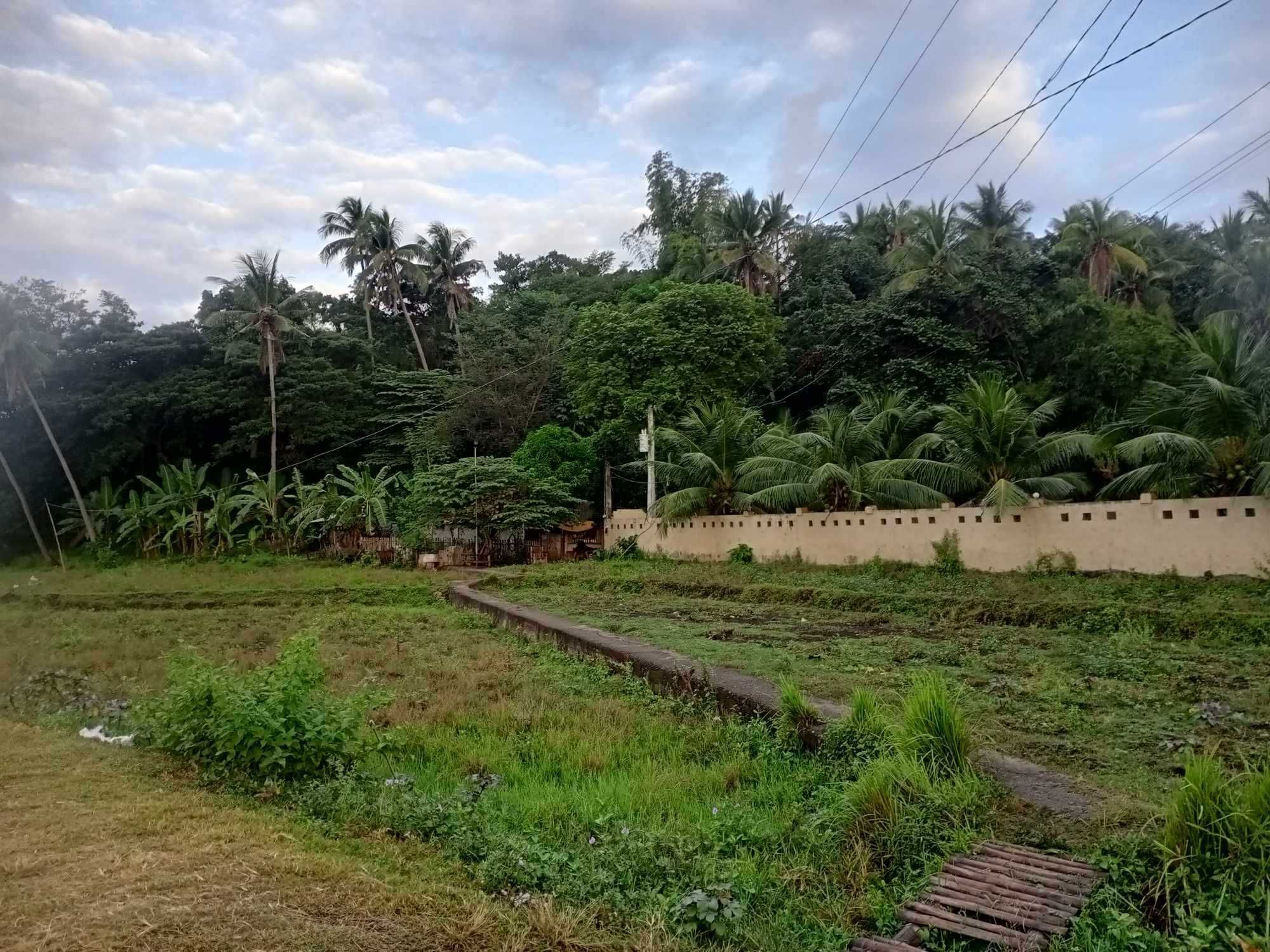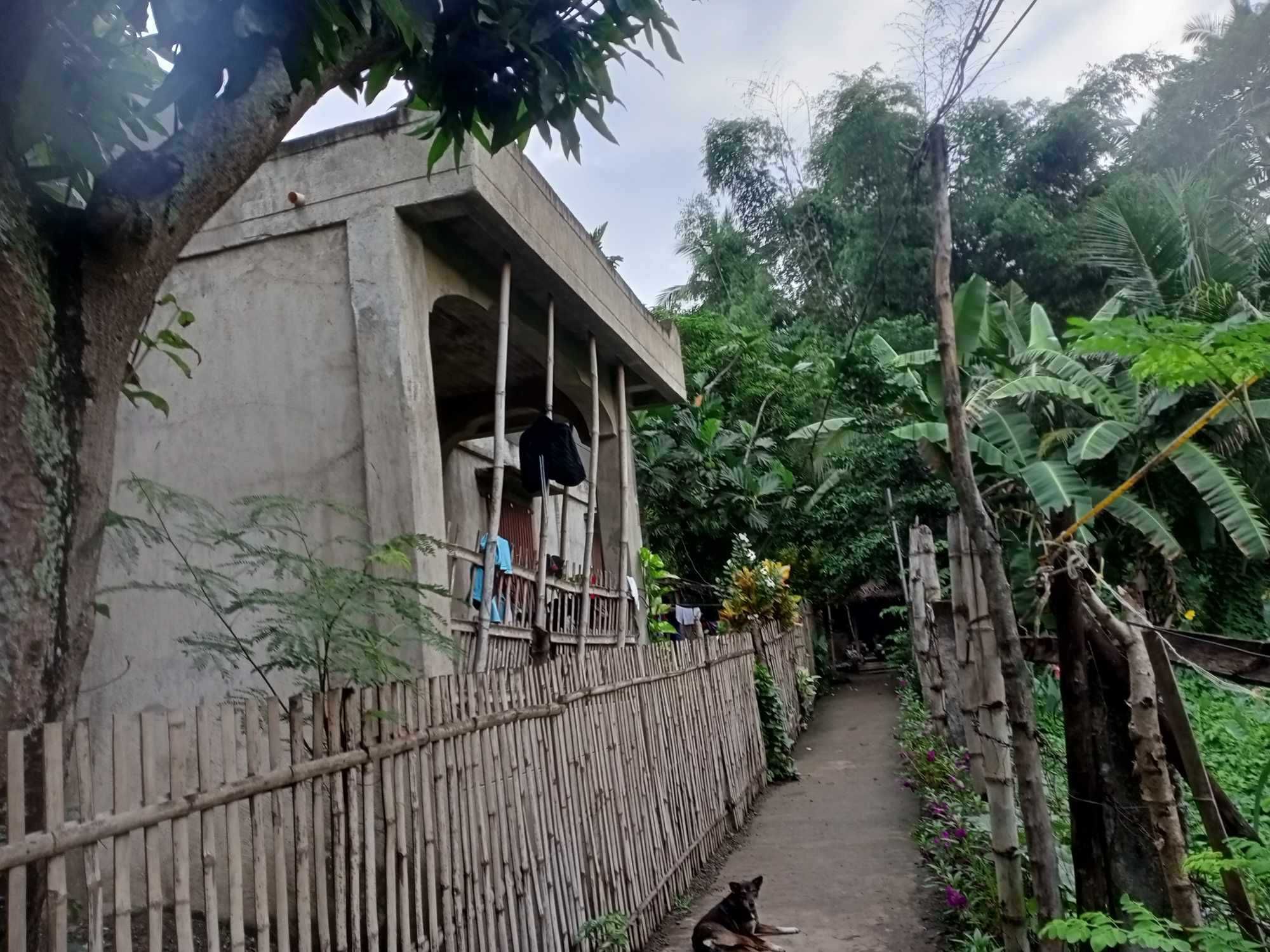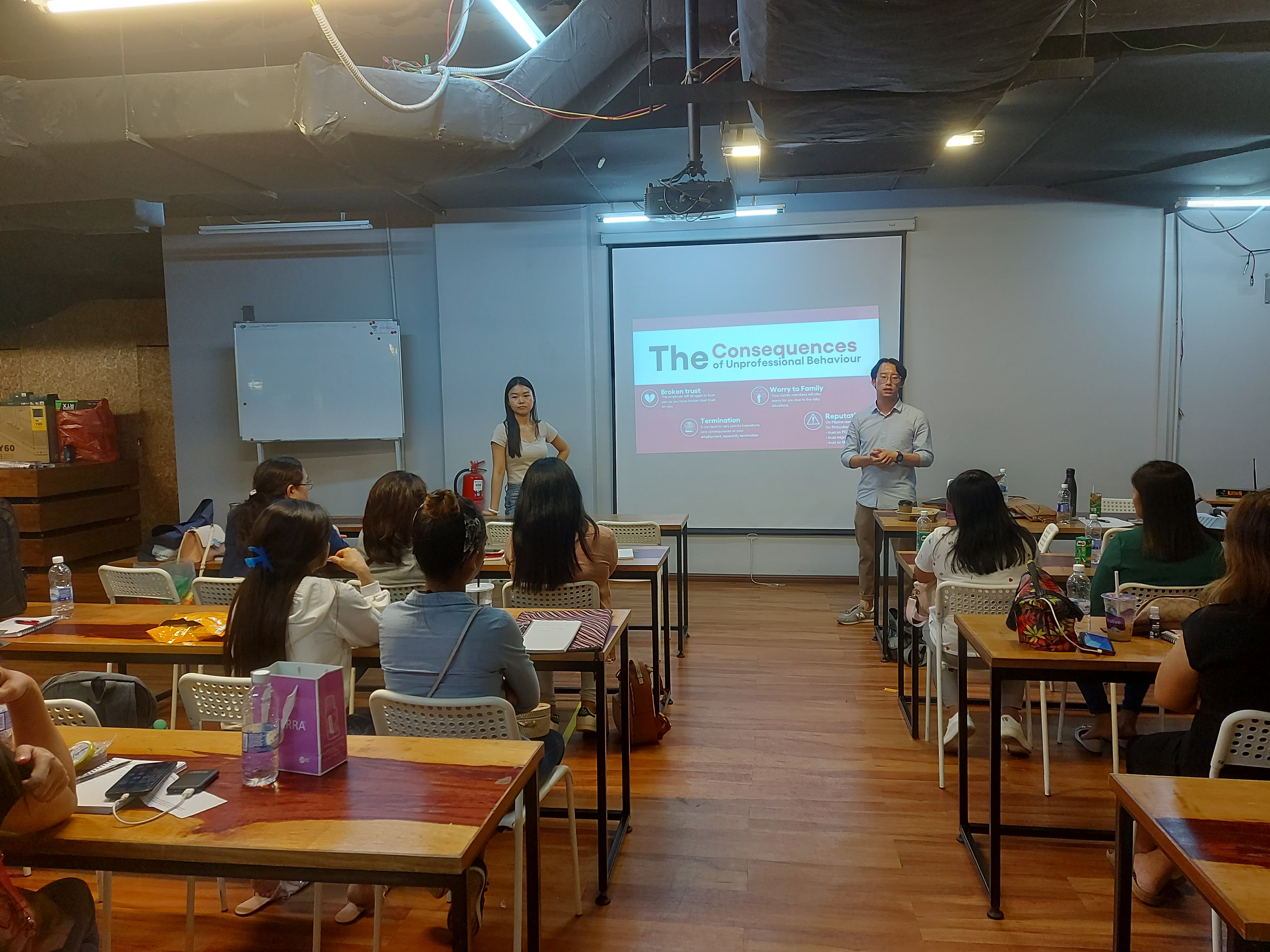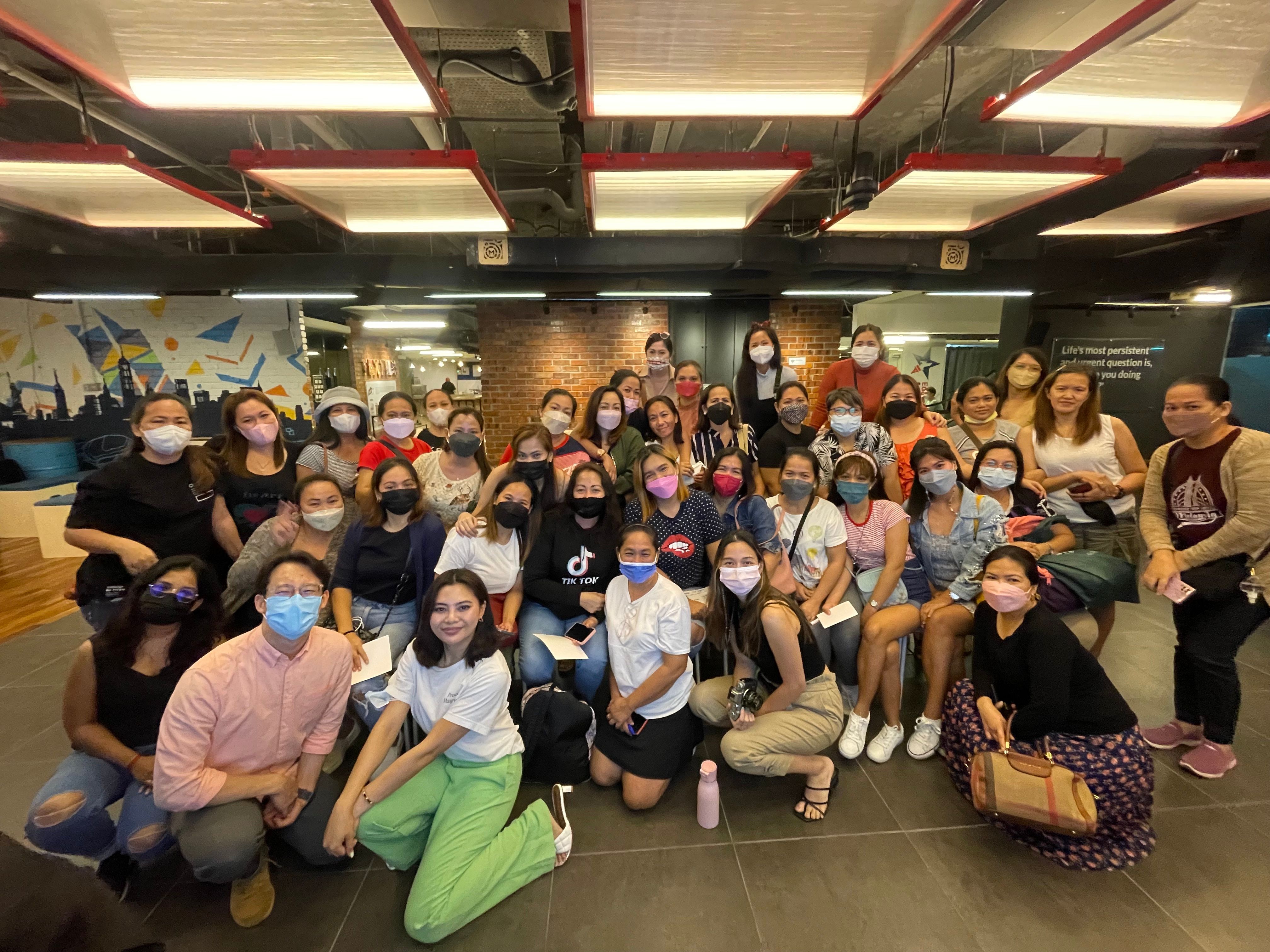Understanding foreign domestic helpers (maids) and the domestic work sector in Malaysia
Published on 19 Dec 2023, last updated on 2 Feb 2024
Table of contents
Domestic workers provide essential services as cooks, cleaners, caregivers and nannies that enable families in Malaysia to navigate their busy lives with the aid of a live-in worker. Despite them being a significant part of our workforce, their backgrounds, motivations and challenges are often not understood.
Who are domestic helpers in Malaysia?
Most domestic helpers in Malaysia come from Indonesia and the Philippines. They tend come from rural or semi-rural provinces in these countries, experience deep poverty, and have primary to secondary school education. If they were to stay employed in their home countries, they often hold jobs as lady guards, factory workers, hotel cleaners and/or farmers. Some Filipino workers may be college degree holders but choose to work abroad as domestic helpers to earn a higher income.
Many helpers are the sole breadwinners of their family, supporting their children, parents and sometimes even extended family members for basic necessities such as food, school fees, and medical expenses.
Most domestic helpers aim to work abroad for a significant period, aiming to save up to build a house or purchase assets like livestock, land, and/or motor vehicles for the betterment of their families.


A Pinkcollar worker's hometown in the province
Vulnerabilities present in the domestic work sector
Domestic helpers are regarded as one of the most susceptible groups among migrant workers. Beyond encountering the risks of human trafficking, forced labour, and debt bondage prevalent among migrant workers in general, domestic helpers face additional vulnerabilities due to their potential isolation within private residences. The blurred boundaries between professional and personal spheres, arising from the convergence of their workplace and living space, further exacerbate their vulnerability.
The Philippines was the second country to officially ratify the ILO 189 Convention for Decent Work for Domestic Workers (C189) in 2012, demonstrating its dedication to safeguarding the rights of its overseas workers in a sector which continues to be poorly regulated and remains largely part of the informal economy.
Migration challenges when working abroad
Apart from the vulnerabilities present in the sector, migration in itself presents challenges. For first-timers particularly, the experience of moving to a new environment with immense cultural, language and socioeconomic differences can be overwhelming. Many will also be adjusting from rural/semi-rural life to urban life in Kuala Lumpur with very different standards and norms on hygiene and comfort. Most workers go 1-2 full years without having the usual support system of their spouse, children and loved ones, making it a job that requires immense emotional resilience.
Professionalising domestic work
At Pinkcollar, we recognise the immense value that domestic helpers bring into Malaysian households and aim to offer migrant domestic helpers a fair opportunity for secure employment in Malaysia. Because their lived realities can be so different from the world of employers, we see the importance of bridging the gap between workers and employers towards building healthy employment relationships with elevated trust. We collaborate with partners to provide workers life skills training on professional communication, emotional resilience, and financial management, seeing the connection between professionalising domestic work and the quality of service.
Even so, in the 4+ years of our operations, we have been humbled by the unpredictabilities and realities when taking our theory to application, and acknowledge that achieving seamless migration is a formidable task. Our post-placement function, unique to Pinkcollar, continually supports both employers and workers throughout their employment as and when challenges arise through management resources, counselling, mediation as well as refresher training.

Pinkcollar's domestic helper refresher training session on professionalism

Pinkcollar's rest day management workshop focusing on helping workers make safe, responsible and legal decisions while working in Malaysia
Interested in hiring a domestic helper with Pinkcollar?
Pinkcollar has more than 4 years of operations assisting employers in sourcing, recruiting and managing domestic helpers post-placement. We'd love to help you next!